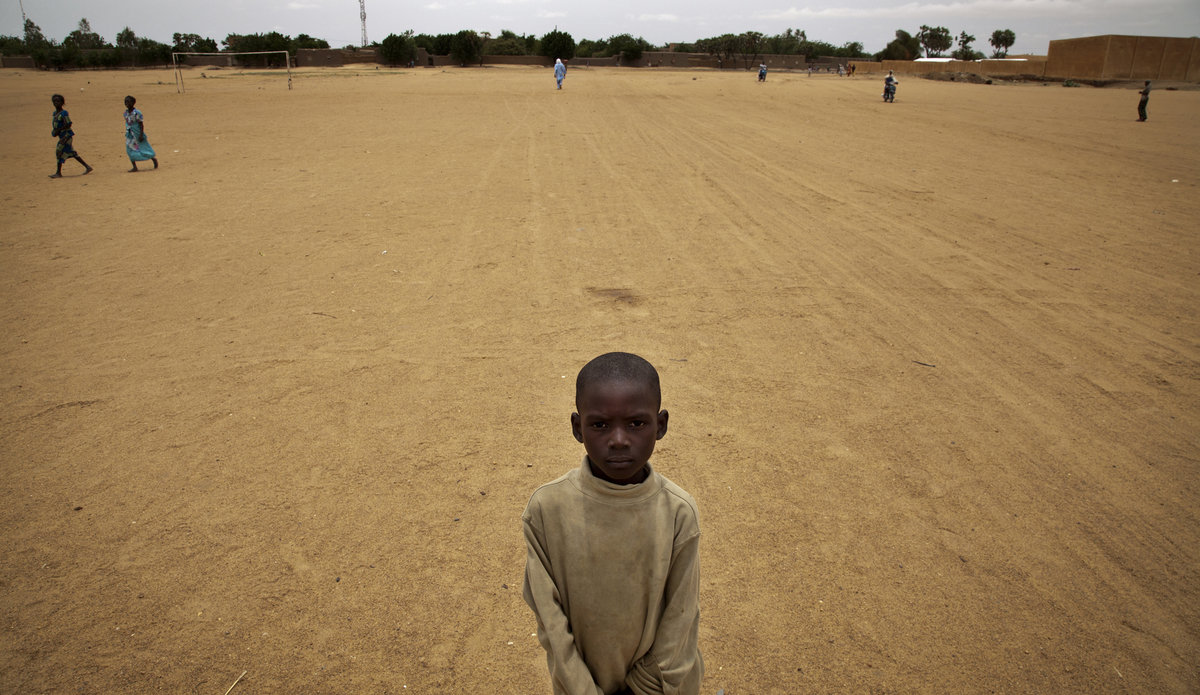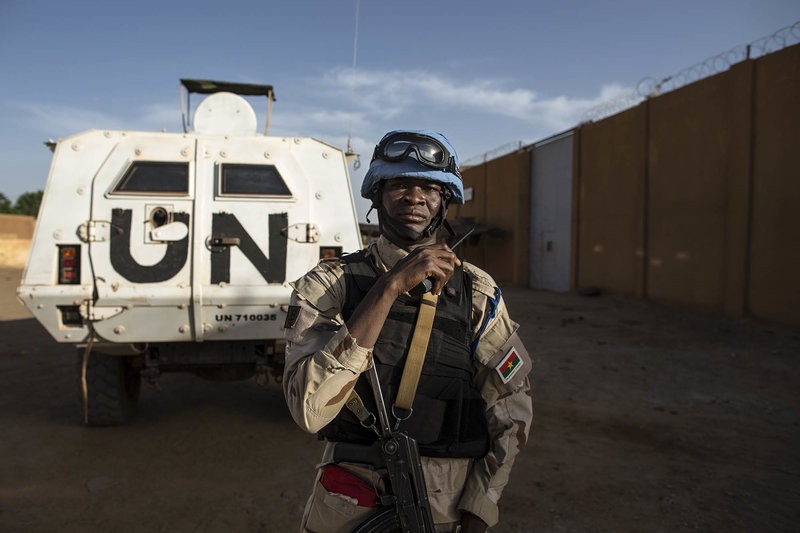By protecting the children who have grown up amid fighting, peacekeepers can break the cycle of violence and lay the foundations for lasting peace.
Conflict disproportionately affects children. Many of them are victims of kidnapping and rape, are drafted by force, are killed, injured or exploited in countless ways.
As the former First Lady of Mozambique and South Africa, Graça Machel, once said: “War violates all the rights of children: the right to life, the right to grow up in one’s family and community, the right to health, the right to have one’s personality blossom, and the right to be taken care of and protected.”
The Security Council has concerned itself with this question since 1999 and the protection of children during times of armed conflict is an issue that has been part of peacekeeping operations’ mandates since 2001. During the past 10 years, these missions have helped to free thousands of child soldiers and have worked towards legislative reform.
How do UN peacekeeping operations protect children?
We strongly believe that, in a peacekeeping mission, everyone has a role to play in protecting children from the effects of war.
- Military contingents play a crucial role in bringing violations of children’s rights to the attention of their colleagues charged with protecting them, to help them identify and achieve the liberation of children forcefully recruited by armed groups;
- The UN Police works with the national police to intervene, as appropriate, to protect children;
- Judicial affairs specialists ensure that national legislation guarantees the rights of children;
- The head of mission ensures that the protection of children is a priority goal in the peace process.
All personnel of peacekeeping operations are trained on the rights and protection of children so that they are aware of the difficulties children face during times of conflict. Thanks to this training, they can always credibly advocate for children.
What do Child Protection Advisors do?
Child Protection Advisors are specialists deployed to missions to help them protect children. Their work consists of:
- Ensuring that the protection of children is an integral part of the efforts and activities of the mission, by providing advice to the head of mission.
- Providing training on the protection of children to newly deployed peacekeepers, complementing the training on this subject that all mission personnel have to undergo before their deployment.
- Playing an advocacy, facilitation and advisory role towards heads of missions on issues related to the protection of children.
- Monitoring the situation and reporting on the most serious violations of children’s rights.
The advisors play a key role in establishing a dialogue with those who commit the most flagrant violations of children’s rights, to put an end to them. This dialogue has led to the signature by military contingents and armed groups of action plans to liberate thousands of child soldiers.
Does monitoring and reporting make a difference?
Through its Resolution 1612, the Security Council put in place a monitoring mechanism to ensure that the most serious violations of children’s rights during times of conflict are reported to the Council. This mechanism seeks to monitor six types of violations of children’s rights.
The reports prepared under this mechanism – with UNICEF and other partners – are critical, as it is based on them that the Security Council Working Group on Children and Armed Conflict can intervene and sanctions can be adopted.
The armed groups that have violated children’s rights begin a dialogue with the mission and UNICEF to develop an action plan aiming to systematically end these violations.
 UN
UN United Nations Peacekeeping
United Nations Peacekeeping

